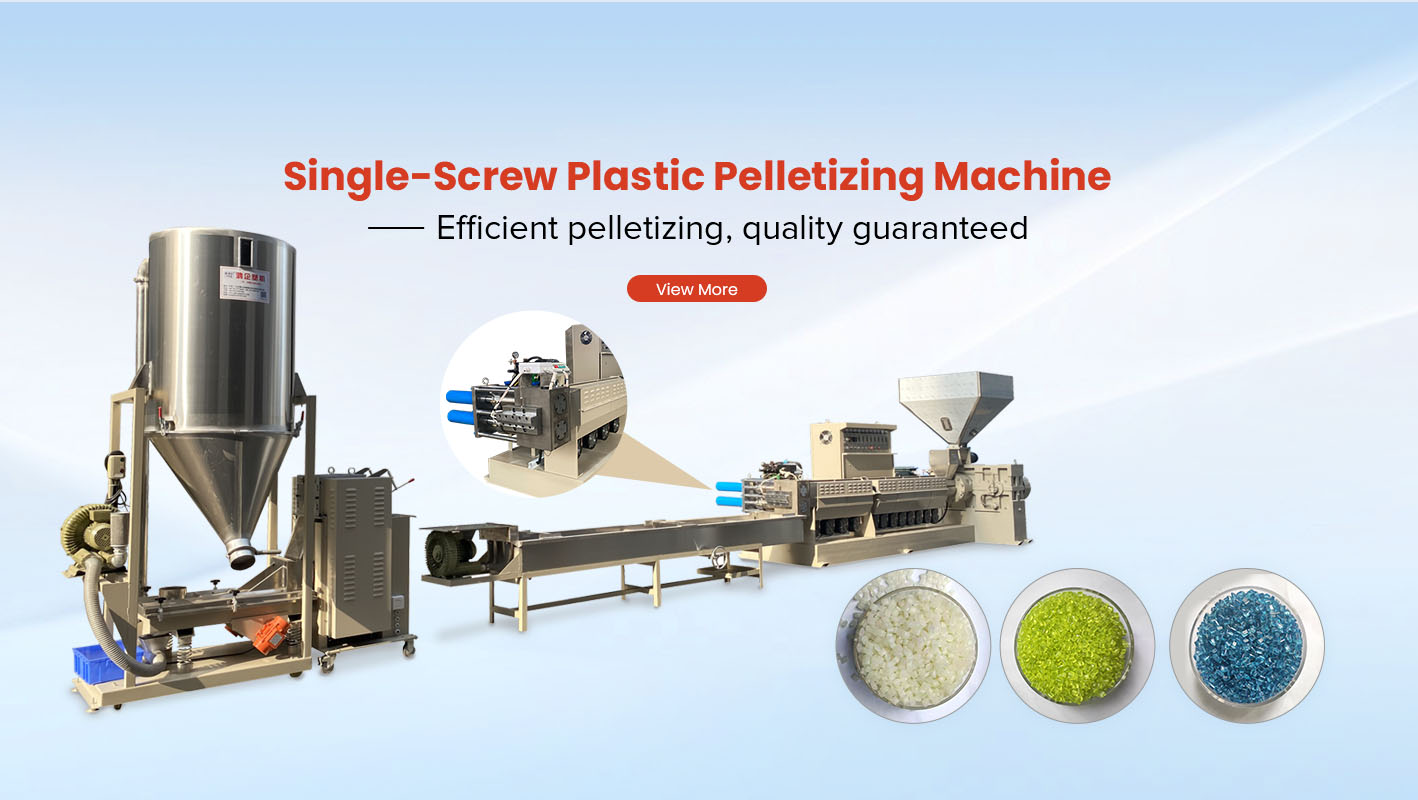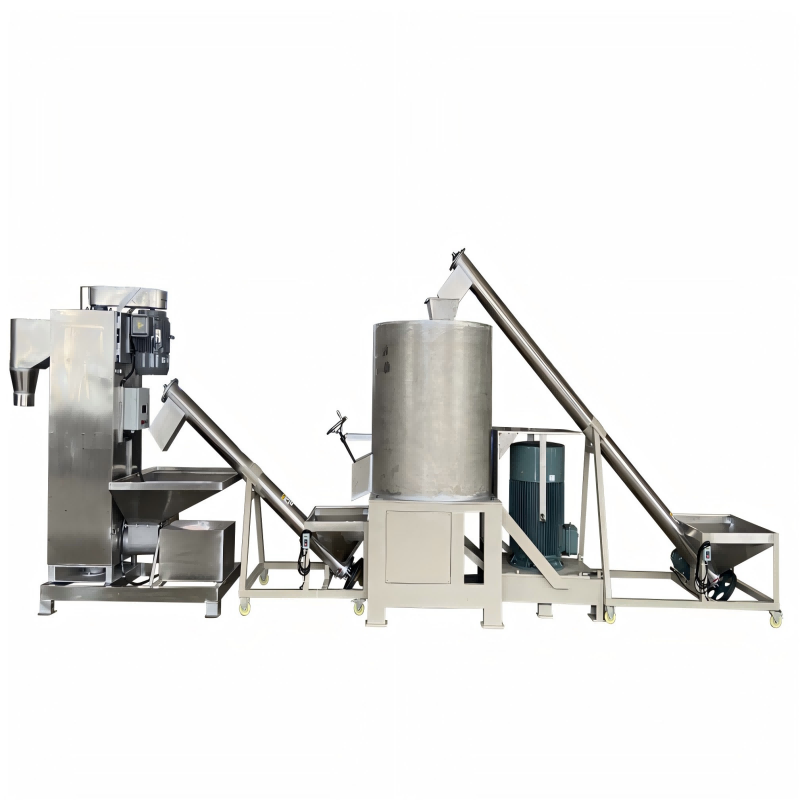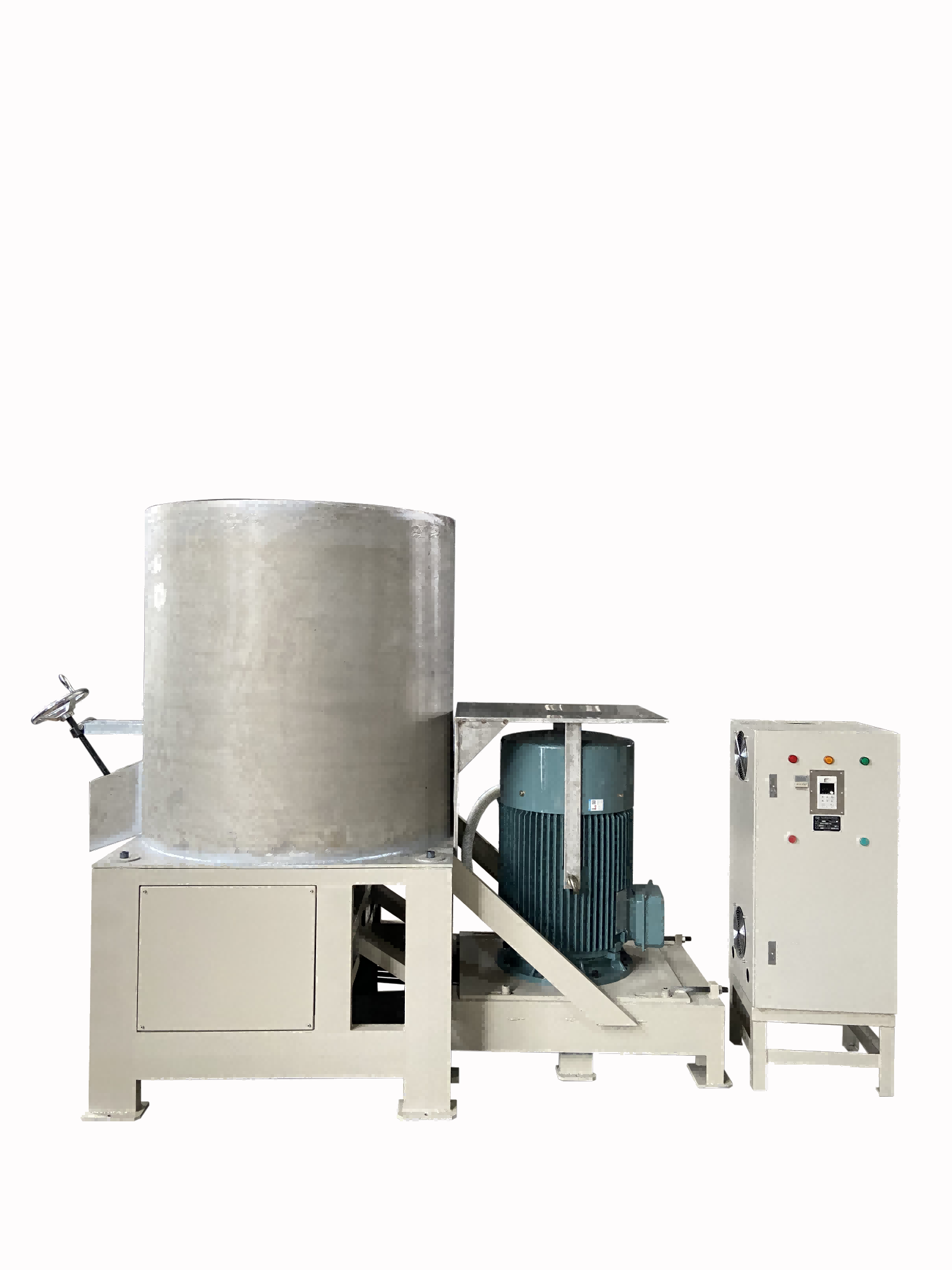Paint Remove Machine
- Product Information
Plastic Stripping Machine Product
Plastic Stripping Machine, also known as plastic Paint Remove Machine, is an efficient and environmentally friendly surface treatment equipment designed for removing plating and paint layers from plastic surfaces. Whether electronic products, auto parts, or household appliances, this plastic surface treatment equipment can quickly and accurately strip unwanted coatings without damaging the plastic substrate.
The equipment combines advanced industrial paint stripping technology with humanized design and is widely used in various industrial application scenarios to help users achieve efficient surface treatment operations. By removing the surface coating, the material can be reused and the resource utilization rate can be improved.
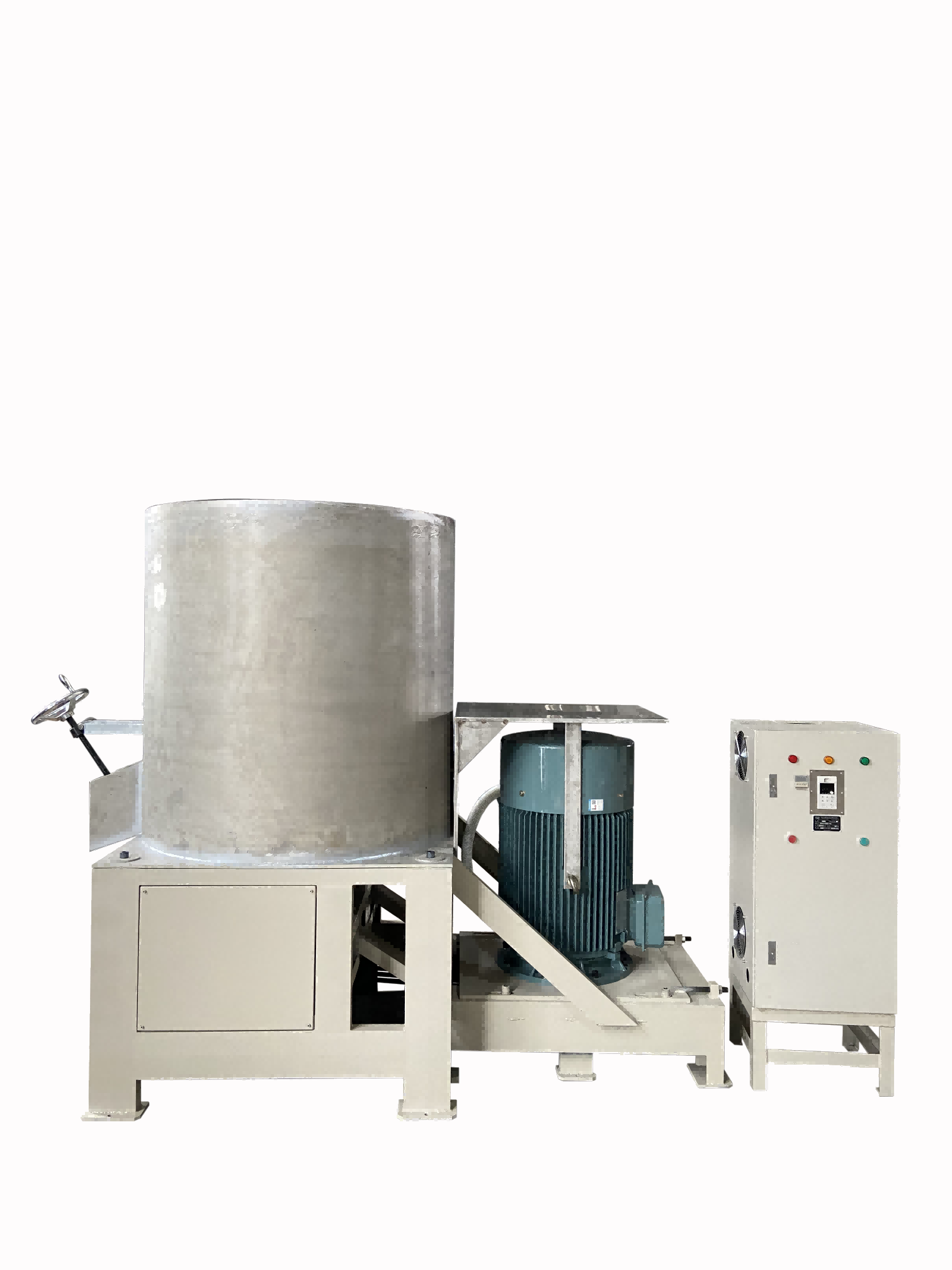
Paint Remove Machine Parameters:
Model | HQ-200 | HQ-300 | HQ-500 | HQ-1000 |
Motor Power ( KW) | 30*6 poles | 37*6 poles | 55*6 poles | 90*6 poles |
Capacity (KG/HR) | 200 | 300 | 500 | 1000 |
Dimension (mm) | 1800*800*1590 | 1820*1000*1880 | 2480*1300*2090 | 3400*2200*2330 |
Plastic Stripping Machine Features
Efficient removal ability:
As an efficient paint stripping machine, the Plastic Stripping Machine can quickly remove electroplating, paint, ink, and other coatings on the surface of plastics. Whether physical or chemical means are used, it can ensure that the coating stripping is completed without damaging the plastic substrate.
Versatility:
This plastic stripping machine is suitable for plastics and can process surface coatings of various materials such as metals and glass, providing excellent stripping and paint stripping effects. The application field covers various applications from industrial manufacturing to automobile repair.
Precise control:
Equipped with a frequency converter, the equipment running speed can be precisely controlled. Users can flexibly adjust according to specific needs to ensure the best peeling effect while protecting the substrate from damage.
Environmentally friendly design:
Plastic Stripping Machine adopts an environmentally friendly stripping method, using non-toxic chemicals or low-energy physical methods to reduce pollution to the environment and protect the health of operators. This environmentally friendly design not only meets the environmental standards of modern industry, but also reflects the forward-looking considerations of the equipment in the design.
Easy operation:
The equipment design takes into account the convenience of operation, equipped with a user-friendly control interface, flexible parameter adjustment, suitable for large-scale production and small-batch fine processing, simplifying the user's operation process.
Durability and stability:
The barrel body is made of #45 steel or 304 stainless steel. This plastic stripping machine can still maintain stable performance during long-term and high-intensity use, effectively reducing maintenance and operating costs and ensuring the long-term service life of the equipment.
Efficient processing speed:
As an efficient paint stripping machine, Plastic Stripping Machine has excellent processing speed, can quickly process a large number of plastic parts, greatly improve production efficiency, and is particularly suitable for industrialized mass production.
Application Fields
Plastic Stripping Machine is suitable for many industries, including but not limited to:
Electronic products, Automotive parts, Household appliances, Secondary processing and recycling of plastic products.
Plastic Stripping Machine Line
The Plastic Deplating and Dewatering Production Line is an essential system widely utilized by various plastic recycling enterprises. The primary goal of the Plastic Deplating and Dewatering Production Line is to achieve thoroughly cleaned and dewatered plastic materials. By utilizing the deplating machine and dewater, the production line ensures that the resulting plastics are free from coatings, ink, and other contaminants, making them suitable for further recycling or reuse.
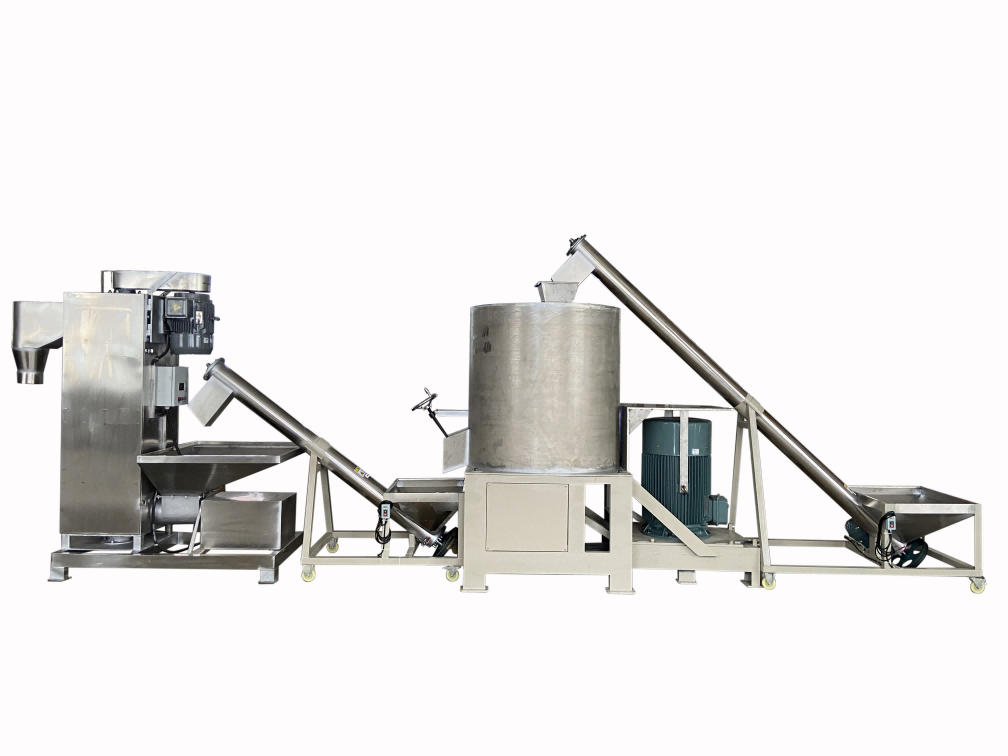
Coated Plastics: Such as acrylic sheets and PET beverage bottles.
Electroplated and Painted Plastics: Commonly found in automotive accessories, household appliances, waste CDs, and more.
Plastics Containing Ink: Including plastic bottles, containers, stationery, and electronic product shells.
Composition of the Production Line
Spiral Feeder:Facilitates the transportation of plastic fragments within the production line.
Deplating Machine: Efficiently removes coatings, paint, and electroplated layers from plastic surfaces.
Vertical Dehydrator: Effectively dewaters plastic fragments, preparing them for further processing or recycling.
Operating Process of the Plastic Fragments
Spiral Feeder: Initial feeding of plastic fragments into the system.
Deplating Machine: Removal of surface coatings and contaminants.
Spiral Feeder: Transportation to the next stage.
Vertical Dehydrator: Final dewatering of the cleaned plastic fragments.
Plastic Stripping Machine FAQ?
Can a plastic stripping machine be used for recycling?
Yes, plastic stripping machines are crucial for recycling operations. They enable the recovery of valuable metals from plastic-coated wires, which can then be recycled into new materials. This process reduces waste and supports the circular economy.
How much does a plastic stripping machine cost?
Prices for plastic stripping machines range from a few hundred to several thousand dollars, depending on the machine's size, capacity, and features. Small models for home use are affordable, while industrial models are more expensive due to their high output capacity.
What types of plastic materials can be stripped with a plastic stripping machine?
A plastic stripping machine can handle various plastic coatings, including PVC, PE, and rubber. These materials are typically found in cables, wires, and other coated products, and the machine efficiently removes them to recover the core materials.
How does a plastic stripping machine contribute to sustainability?
By recovering valuable materials from plastic-coated products, plastic stripping machines reduce waste and promote recycling. This helps lower the demand for new raw materials, reduces landfill use, and supports a more sustainable production cycle.


